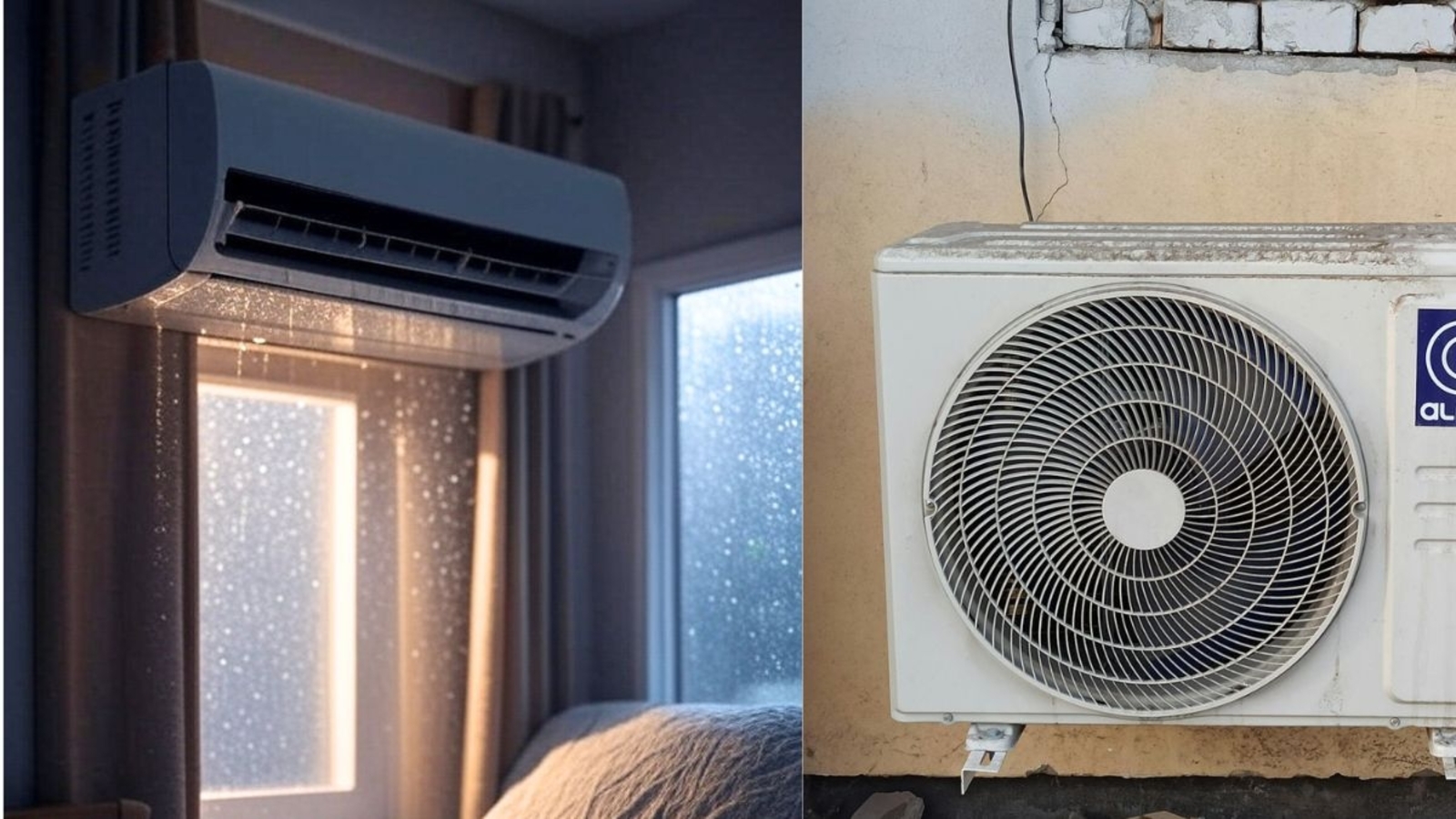As the monsoon season sweeps across India, millions of people rely on air conditioning to keep cool indoors. While the monsoon season does alter how we use our air conditioners, people sometimes overlook the risks of running AC units during heavy rain. In India, where humidity spikes during the rainy season, failing to adjust an air conditioner for these conditions can lead to unexpected problems. From higher energy costs, equipment damage, to health concerns, the monsoon demands more attention to your AC care than the scorching summer months.

Here are five hidden dangers of running your AC during the rainy season:
1. Increased Humidity Makes Your AC Work Harder
Unlike summer, the main challenge during monsoon is not heat but moisture in the air. Air conditioners must work harder to remove this excess humidity. Running your unit in regular “Cool Mode” may not be effective enough. Switching to “Dry Mode” helps reduce moisture without excessive cooling, saving energy and lowering your electricity bill.
2. Risk of Mould Growth Inside the AC
Moisture from the humid air tends to accumulate inside the AC’s filters and ducts. If these parts are not cleaned regularly, mould and mildew can develop, causing musty odours and potentially triggering respiratory problems like coughing and sneezing. Cleaning the filters every couple of weeks is a simple maintenance step that improves air quality and keeps your system running smoothly.
Also read: Zocket.ai Welcomes Meta’s New Policy Enabling Regulated Gaming Ads
3. Power Fluctuations Can Damage Your AC
Monsoon rains often cause power outages and voltage drops, especially in cities like Mumbai and Delhi. If it is not protected by a voltage stabiliser or surge protector, sudden electrical fluctuations can harm your AC’s internal components. Using these devices is essential for preventing premature wear and costly repairs.
4. Outdoor Unit Exposure to Rain Can Affect Performance
The outdoor component of your split AC system is vulnerable to rainwater, standing water, and clogged drains during monsoon. These conditions can lead to rust or mechanical issues, reducing the efficiency of your unit. Positioning the outdoor unit in a sheltered area with proper drainage or inspecting it after heavy rains helps avoid damage.
Also read: How to quietly limit someone on Instagram without blocking, unfollowing, or causing drama
5. Overcooling May Lead to Health Issues
The monsoon climate is naturally cool and humid. Setting your air conditioning to a very low temperature, such as 18 degrees Celsius, can cause discomfort and health problems, including sore throats and body aches. Maintaining a moderate temperature of between 24 and 26 degrees Celsius, combined with a fan to circulate the air, is more comfortable and avoids such risks.
In short, by keeping these points in mind, you can use your air conditioner more effectively during the rainy season, protecting both your health and your appliance.



















